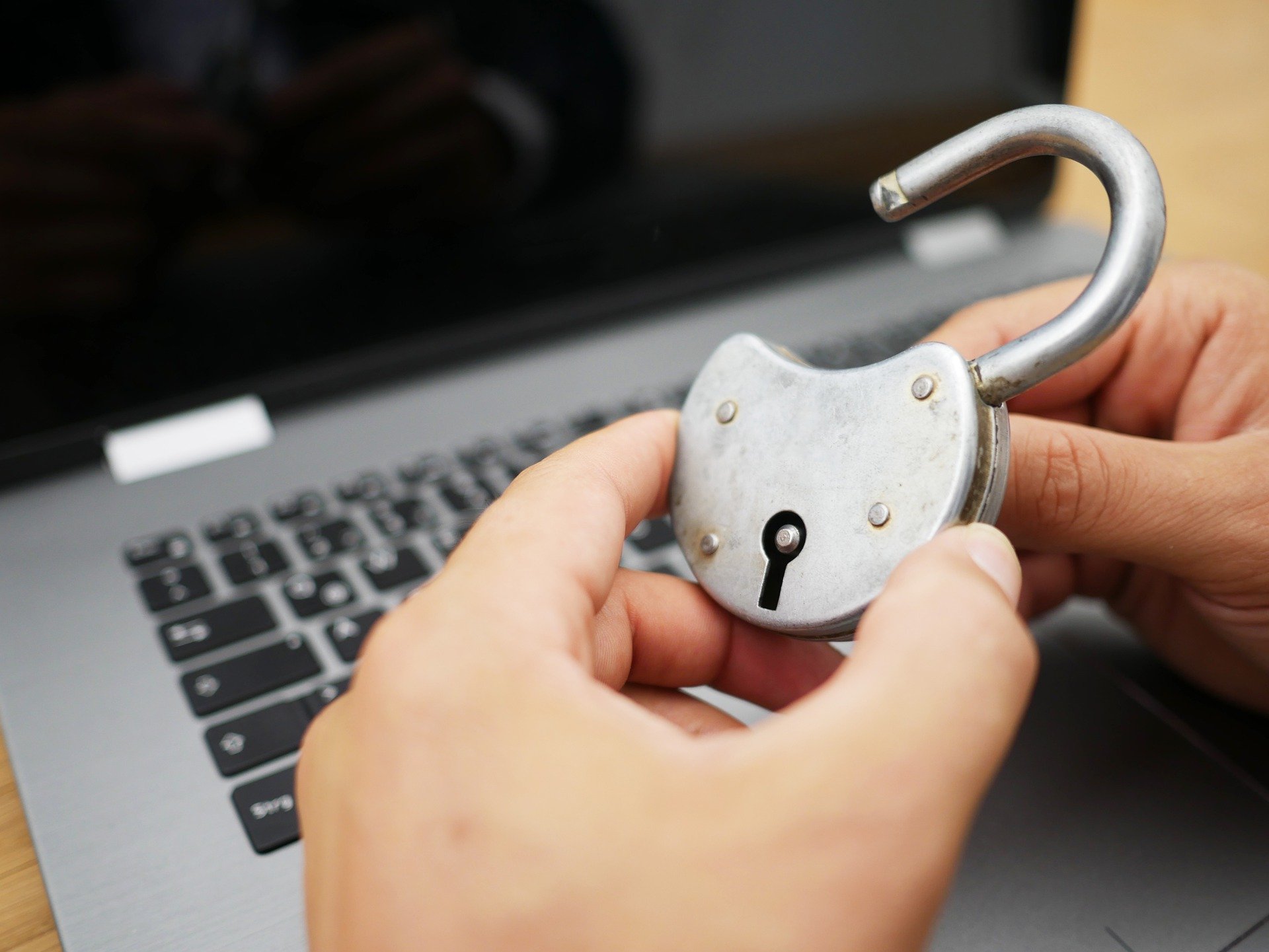Our digital world of technology provides us with a whole range of benefits and lifestyle changes that make our day to day much easier, but also comes with a number of challenges to overcome. Perhaps most recently has been the increasing focus on data protection and online security as previously believed trusted services have become a bigger cause for concern.
Recent news has brought around concerns for social media apps in particular – the video sharing platform TikTok is currently in the spotlight as some users uncovered some tracking that was being done and suggested that the purposes could be a little more savoury than had hoped, and although a recent WashingtonPost story confirmed many of these features were in fact embedded in the code, that none of that data from what they could see was being shared where it shouldn’t be, even likening the amount of data gathered to less than what Facebook does – not that either are gathering proportionately what they should be, but it has put some users at ease. What it has done however is bring to light just how not in control of our own data we are and that many users think we are, and how perhaps it’s time to take the extra steps to ensure your online security is protected.
Another recent example of this can be found in online gaming, specially through mobile gambling – through the pandemic a number of online services have had to change how they operate as initiatives such as Gamstop put many gaming licenses at risk, as many react and register elsewhere such as those good resource they have fallen into a bit of a grey area where they are able to operate whilst remaining licensed, but without many of the restrictions that are placed on them in other regions bringing into light further online security concerns for users who may not be as tech savvy to follow the changes in the market.
With recent news as mentioned around certain apps and growing concerns with changes in law such as what has been found in Hong Kong, it’s likely there will only be further focuses placed on our online security – as devices become more widely available as they have been and the number of users continues to grow the likelihood is that less people will be tech savvy enough to understand the ins and outs of their devices and it may come down to manufacturers and developers to put methods in place as well as options to help these users understand what is being accepted and what is actually being tracked and measured, especially in light of what has come out regarding TikTok the importance of offering safeguards is now starting to become clearer, and as users become more aware that these systems are in place, many may be more on the lookout to discover whether or not what they are using is safe or if it’s trying to capture data that it shouldn’t be.




